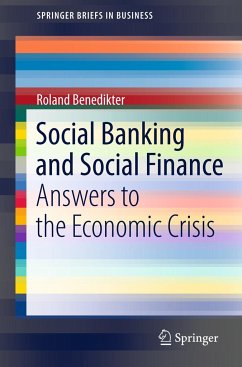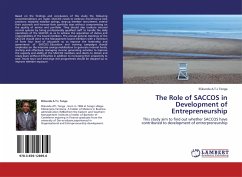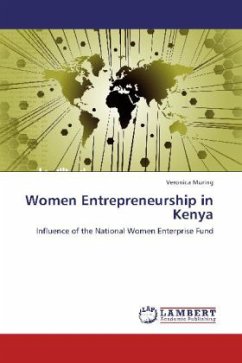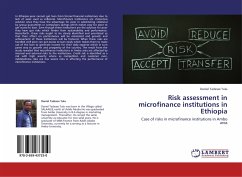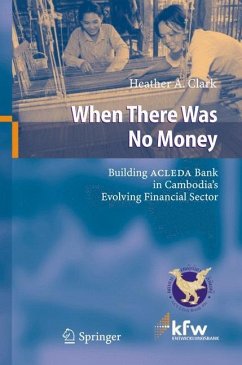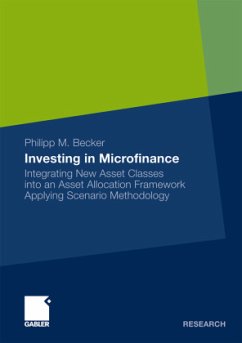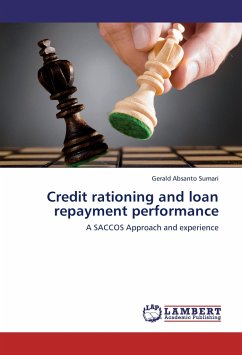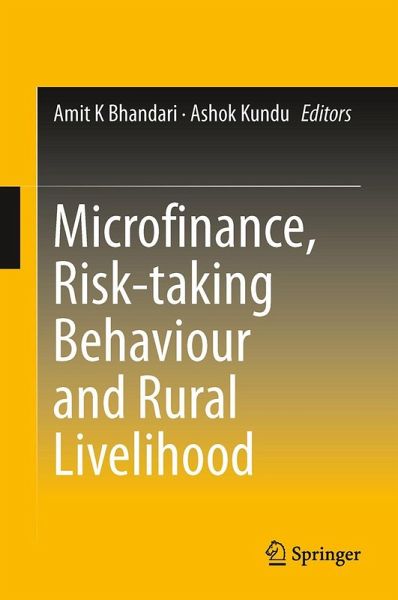
Microfinance, Risk-taking Behaviour and Rural Livelihood

PAYBACK Punkte
38 °P sammeln!
Microfinance, risk taking behavior and rural livelihood are the three dominating issues in the rural financial landscape. Inadequate access to financial services is considered to be one of the main reasons behind inadequate economic opportunity and poverty in rural India. Microfinance has played a significant role in shaping the rural financial scenario. There is a need for micro-finance institutions to focus on a heterogeneous demand structure for the financial services provided to the rural poor. This book aims to provide an up-to-date and in-depth analysis of borrowing and risk taking behav...
Microfinance, risk taking behavior and rural livelihood are the three dominating issues in the rural financial landscape. Inadequate access to financial services is considered to be one of the main reasons behind inadequate economic opportunity and poverty in rural India. Microfinance has played a significant role in shaping the rural financial scenario. There is a need for micro-finance institutions to focus on a heterogeneous demand structure for the financial services provided to the rural poor. This book aims to provide an up-to-date and in-depth analysis of borrowing and risk taking behavior of rural people, which might help to design financial products and delivery of services in the rural market. It attempts to highlight and review the actual meaning, functions and challenges of microfinance through SHGs in the rapidly changing rural scenario and livelihood aspects of the group members. In addition, the present volume also investigates the effectiveness of government schemesto promote rural development. It is intended for those who are interested in understanding the grassroots reality of the Indian rural financial sector.






